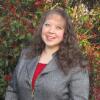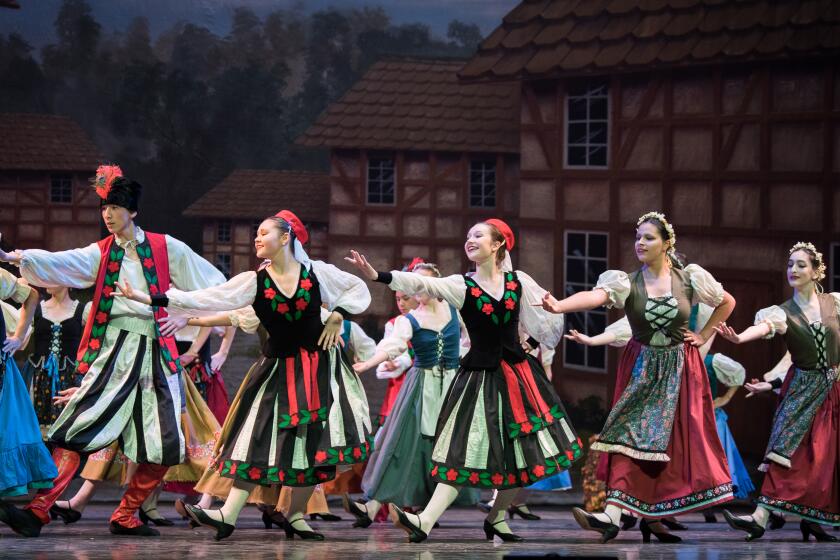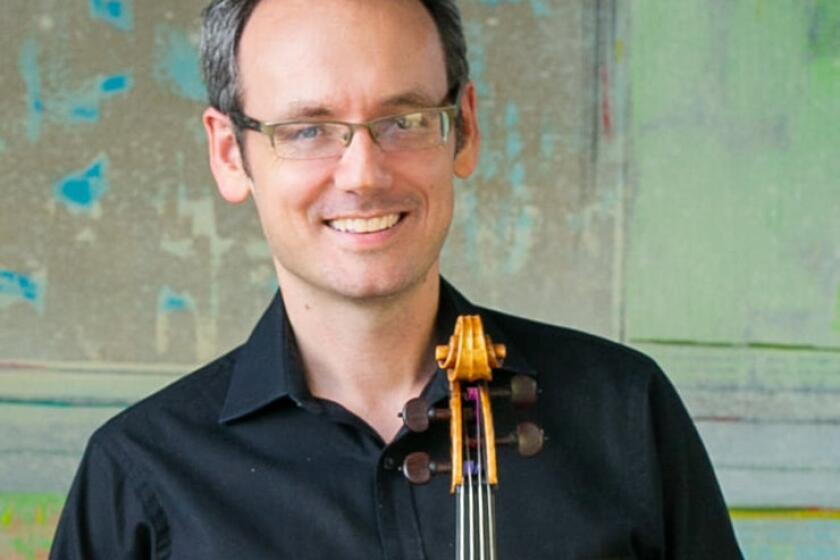#10 Rancho Bernardo heart, disease study observes 40th year
By Elizabeth Marie Himchak
This year marked the 40th anniversary of the Rancho Bernardo Heart and Chronic Disease Study, a research project that involved 6,629 of an estimated 10,000 Rancho Bernardans in 1971.
What made the milestone remarkable — in addition to numerous medical conclusions drawn from the RB data — is that as of last summer, more than 1,800 of the participants were still answering health questions and at least half periodically return to the Bernardo Center Drive clinic to undergo free medical tests.
The study was conducted by Dr. Elizabeth Barrett-Connor from the University of California San Diego School of Medicine. She and her team went door-to-door recruiting Rancho Bernardans (mostly 30 years old and over ) for a medical study on a little-known health factor: lipids. They wanted to know if there was a connection between lipids and heart disease.
Barrett-Connor, who still leads the project, said she chose Rancho Bernardo because it was promoted as a place where healthy individuals live. She said there was credence to the community developer’s claim since at the time Rancho Bernardo was isolated from downtown San Diego, there were few doctors in the immediate area and the closest hospital was in Escondido, a considerable drive then. Few with medical issues were likely to live so far from immediate medical care.
Due to Rancho Bernardans’ affluence and education, Barrett-Connor said they were also ideal because “they had enough money to see a doctor if needed.”
Because Barrett-Connor included questions and tests beyond lipids, data has answered questions about heart disease, diabetes, bone density, osteoporosis, Alzheimer’s disease and testosterone.
“More than 400 … scientific publications have reported discoveries largely unknown when we started,” she said. “Many of these discoveries (due to the RB data) are modifiable risk factors now shown in clinical trials to be associated with improved risk factors and the potential for more healthy life years.”
What makes this four decades of data (including frozen blood samples) especially valuable is that in the ‘70s and ‘80s it was collected before participants started changing their health and lifestyle patterns, and taking medications to lower cholesterol and blood pressure. Lipids and cholesterol were not household words then, she said.
“We studied how everyday characteristics — body size and fat distribution, good and bad cholesterol, blood pressure, blood glucose, physical activity, alcohol intake, cigarette smoking, diet and family medical history were related to common chronic diseases,” Barrett-Connor said. “We studied the reasons for gender differences in heart disease and diabetes — our first questions — plus chronic arthritis, headaches, lung disease, liver disease, kidney disease, cancer, and cognitive, mental and functional health.”
As for what motivated residents, reasons varied. Participants mentioned a curiosity to see if Rancho Bernardans were healthier and obtaining a “track record” of their health as they aged or getting health information to pass on because they were adopted. Some said the program was interesting due to its uniqueness and their good rapport with researchers with the program over two and three decades.
Now, study participants’ average age is 86. Data collection will naturally come to an end since study parameters prevent participants being added. However, because of the wealth of raw data obtained over 40 years, for decades researchers can make more conclusions.
To fund future discoveries and training, UC San Diego Health Services established the Rancho Bernardo Study Foundation. To donate, contact Harvey Green at 619-543-3121 or hagreen@ucsd.edu.





